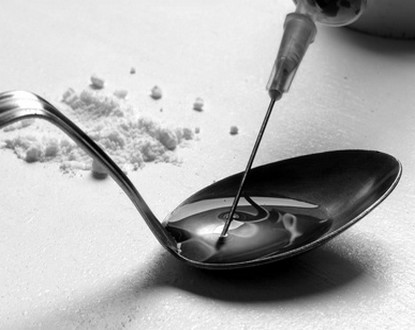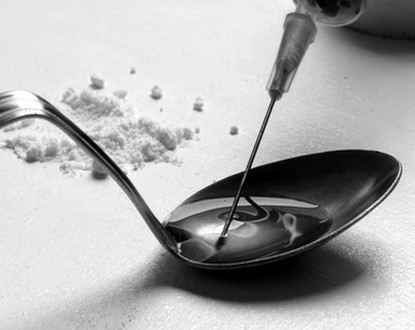A phenomenon of modernity, the consumption of drugs (cannabis, heroin, cocaine, synthetic narcotics) has taken on an international dimension that makes it the third most lucrative trade product, following arms and oil.
 The numbers are there to prove it: At the global level (UNODC), 16 million regular users, including 3 million HIV-positive individuals, 200,000 deaths per year, between 300 and 500 billion in turnover.
The numbers are there to prove it: At the global level (UNODC), 16 million regular users, including 3 million HIV-positive individuals, 200,000 deaths per year, between 300 and 500 billion in turnover.
In France, when adding the various categories, the number exceeds a million. It’s easy to understand how one cannot reduce this scourge to a local problem, even if everyone looks at what is happening in their own area.
The preamble serves to frame within its real dimension a recurring controversy: Drug trafficking is a major public order problem, and drug users disturb directly by their presence and, indirectly, by the traces of their passage.
But are drug users sick people who need treatment, or are they outcasts to be rejected or even isolated?
It is understandable that in the face of the insolubility of the problem, the tendency is to look away and let others handle it. A not-so-glorious stance but one that can be understood on an individual level…
It is less understandable when an ‘elected official, a merchant by trade, during a professional association meeting in his neighborhood, allows himself to express the opinions of the man on the street by lashing out at a support association that distributes syringes so that, at the very least, drug users avoid getting infected by using non-sterilized equipment, which obviously ends up on roads or in gutters once used, while their use presents a sad street spectacle in unacceptable conditions.
A true spectacle of human misery, a divide between poor people and honest citizens. But, what to do in the face of this moral despair? No one has the answer, nor even a solution.
Prevent, sanction, both. Yes, but then what?
In this fog, the only thing not to do is to speak without saying anything, other than sad banalities.



